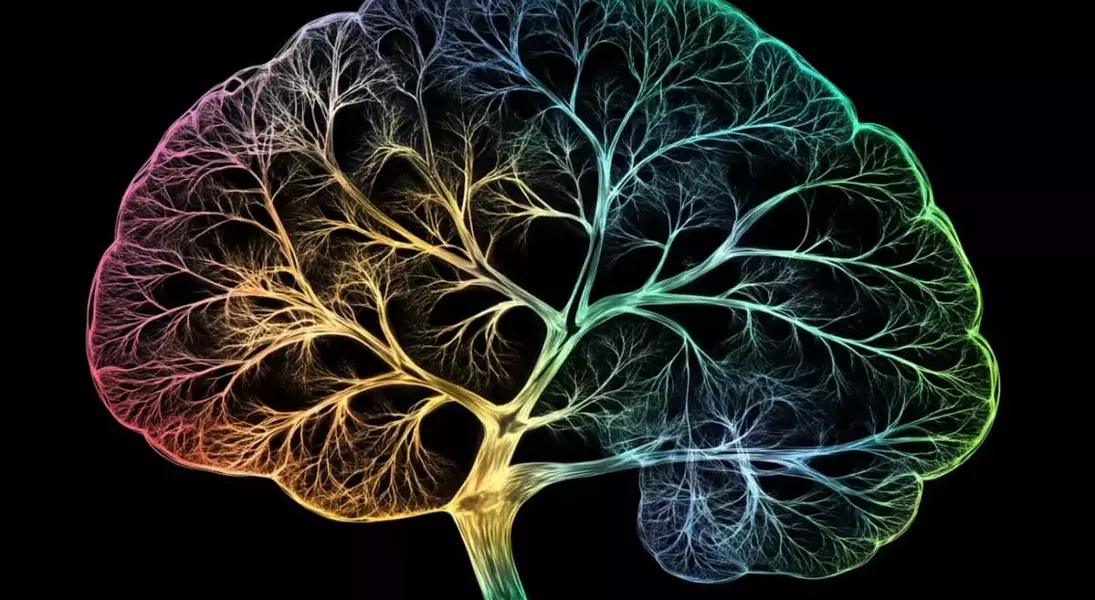
Recent research delves into the variations of brain networks among individuals experiencing early versus chronic psychosis, offering insights into how symptoms evolve. By mapping connectivity patterns, scientists discovered that disruptions within the frontoparietal network significantly influence both stages of psychosis. Machine learning techniques applied to brain imaging data enabled accurate predictions of symptom severity, particularly in chronic cases. These findings pave the way for identifying biomarkers and enhancing early interventions to improve treatment efficacy.
This study highlights the importance of understanding neurobiological changes as psychosis transitions from its initial phase to a chronic condition. Identifying these shifts could lead to more effective prevention strategies and targeted therapies before symptoms escalate. The researchers focused on the critical role of the frontoparietal network and used advanced predictive modeling to assess symptom progression.
Mapping Connectivity Patterns in Psychosis
Scientists utilized machine learning models to analyze functional magnetic resonance imaging data, revealing connectivity patterns underlying psychosis symptoms. This approach allowed them to predict positive and negative symptoms in both early and chronic psychosis patients, with stronger accuracy observed in chronic cases due to increased symptom burden.
The investigation centered on two large-scale datasets: the Human Connectome Project Early Psychosis (HCP-EP) and the Strategic Research Program for Brain Sciences (SRPBS) Multi-disorder Connectivity dataset. Through this analysis, researchers identified the frontoparietal network as a crucial factor influencing both stages of psychosis. This region of the brain plays a vital role in cognitive flexibility and behavioral coordination. Disruptions here may correlate with negative symptoms experienced by patients. Understanding these connections provides clinicians with a neurobiological framework to track symptom evolution as patients transition from early to chronic psychosis states. Future longitudinal studies could enhance our comprehension of these dynamic changes over time.
Predictive Modeling and Clinical Implications
By employing connectome-based predictive modeling, the team successfully predicted symptom severity across different psychosis stages. Their findings indicate that broadly similar neural networks underpin both early and chronic psychosis but with more pronounced effects in chronic cases. This revelation underscores the potential for using such models to identify critical transition points during treatment.
Collaboration between researchers and psychiatrists further contextualized these discoveries, emphasizing their clinical relevance. Identifying specific brain differences could lead to pinpointing targets or biomarkers essential for monitoring patient progress throughout therapy. Although current treatments show varying effectiveness depending on the psychosis stage, these advancements offer hope for improving care pathways. Longitudinal tracking of identified brain networks could reveal how they change over the lifespan of psychosis, informing tailored treatment options aimed at preventing symptom exacerbation. Ultimately, this research lays a solid foundation for future investigations exploring the etiology of psychosis symptoms at different stages, fostering therapeutic innovations.
